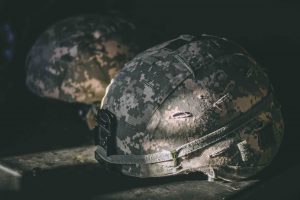 While qui tam cases brought under the False Claims Act (FCA) are often related to health care, qui tam cases can be in connection to any type of claim made to the federal government for payment. In addition to the health care industry, defense contractors are another area in which the government is vulnerable to fraudulent schemes. For example, Lockheed Martin Corporation has agreed to settle FCA allegations by paying the federal government $4.4 million. Lockheed is accused of providing defective communications systems to the U.S. Coast Guard.
While qui tam cases brought under the False Claims Act (FCA) are often related to health care, qui tam cases can be in connection to any type of claim made to the federal government for payment. In addition to the health care industry, defense contractors are another area in which the government is vulnerable to fraudulent schemes. For example, Lockheed Martin Corporation has agreed to settle FCA allegations by paying the federal government $4.4 million. Lockheed is accused of providing defective communications systems to the U.S. Coast Guard.
Defective Equipment for the Military
The defense contractor provided Radio Frequency Distribution System (RFDS) for the Coast Guard’s National Security Cutters. According to the U.S. attorneys, the RFDS failed to be able to conduct simultaneous operations, meaning it could receive and transmit different radio signals at the same time without interference.
 Healthcare Fraud Lawyer Blog
Healthcare Fraud Lawyer Blog




